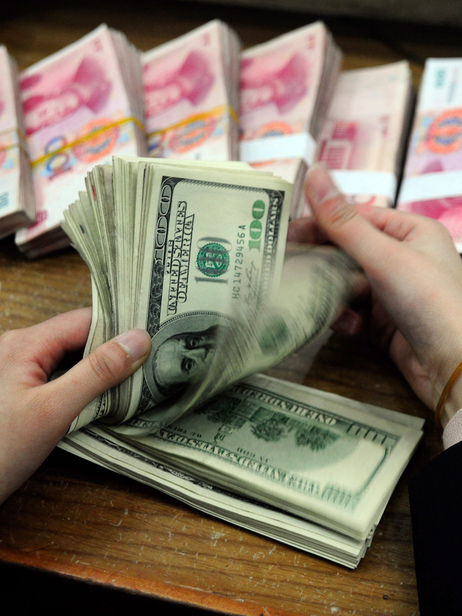Egypt’s e-government receipts jumped in 2020, from EGP 1bn to EGP 4bn per month following the outbreak of the novel coronavirus (COVID-19) pandemic.
The significant jump reflected an annual growth of 250%, highlighting strength of the country’s electronic payment (e-payment) and collection system, according to Minister of Finance Mohamed Maait.
Maait said that the executive regulations of the law regarding non-cash payment methods have contributed to laying the foundations for the transformation of payment methods and electronic collection. This change has been witnessed not only in administrative bodies, but also extends to non-cash payments in the public and private sectors.
The minister pointed out the deadline for bodies addressed by this law is 7 March 2021, with bodies also being subject to its executive regulations to reconcile their positions. They will also be reconciled to provide means of non-cash payment for those dealing with outlets for collection of services at no additional cost.
He reiterated his assertion that no additional fees are to be collected from citizens when paying government dues electronically. He also noted that the state treasury bears the cost of commissions decided for the e-payment service through the collection machines.
Maait added that, in cooperation with the banking sector, the payment of government dues has been made possible through money collection machines at administrative agencies, through the quick response code (QR CODE) of mobile wallets.
This new service is an easy and safer method of carrying out payments in light of the global health crisis, as there is no longer any need to use any bank cards to pay government dues.
“Ten phases were completed in activating the e-payment and collection system, during which about 17,000 electronic collection machines (GPOS) were deployed in administrative bodies,” Maait said, “Cairo presented the largest use of these machines, taking into account the geographical distribution and budgetary and functional sector.”
The minister added that about 37,000 Meeza cards were issued during the first and second experimental phases, and that the ministry is racing against time to finish operating about 5 million Meeza cards in the coming period.
Egypt’s e-payment and collection system aims to save about 25% of currency issuing costs, in addition to about 50% of the time for performing service. It also aims to reduce the amount of procedures.
Put together, these savings will reflect positively on Egypt’s ranking in international indicators, especially those concerned with measuring the competitiveness of countries. These relate particularly to areas of ease of undertaking business and transparency, which are based on the three axes of cost, time, and procedures.



